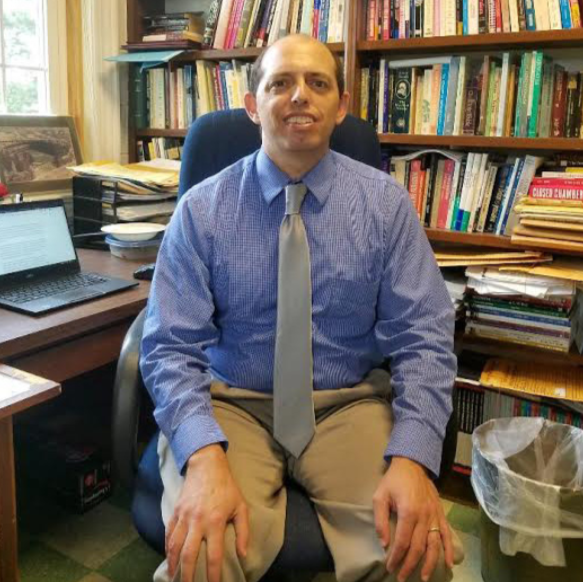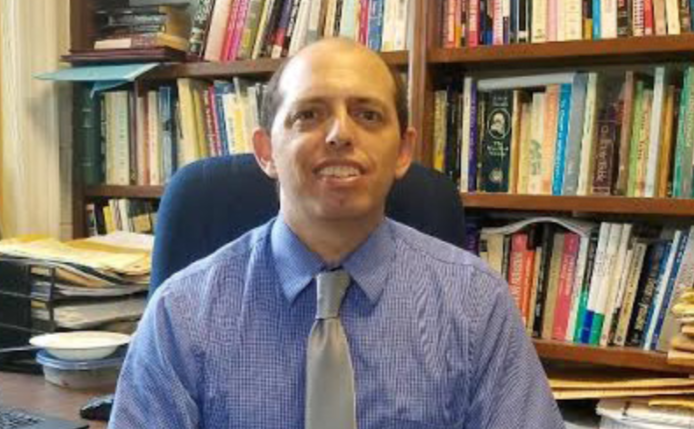By Jack Georgis
Staff Writer
It was recently announced that several academic departments would be consolidated into combined departments, and because of this, new department heads would be selected. Dr. Jeremy Buchman, a political science professor, discussed the implications of one department head for a consolidated program.

“One person will be taking on [the] responsibility of four people,” Buchman said “[being department head] will be a challenge in part because there is a lot of responsibilities.”
The new chairs are managing a job once filled by four people, meaning they will have more work to do across different majors they do not specialize in.
“Some of the tasks a chair has are administrative and similar across departments, but some areas are department-specific. Political scientists are better trained to decide who would make an appropriate adjunct.” Buchman said. “If the chair is from a different department, they are making a decision without the background, or more likely they’ll consult with someone from within political science, which means that someone’s going to be doing chair-like things and not getting paid.”
He also discussed how uncertain the path of the new department heads will be. “There might be some inefficiencies as people are figuring stuff out and developing expertise they didn’t have before,” he said. Despite this, Buchman said faculty has tried to limit the effect these changes will have on students.
While it may seem largely negative, the departments were told about positives that should come of the consolidation. “[We were] told about benefits, things like synergy and enhanced ability to do classroom interdisciplinary work,” Buchman said. “I’m not really sure it does anything that could’ve been done without consolidating.”
“I do think that places a greater burden on secretaries, who really do so much to keep departments running properly,” Buchman said.
While there has been some concern for the consolidated department chairs, there are some who see it as a positive change. “In the case of the new department of English, philosophy and foreign languages, the main benefit is that it brings all of the Humanities together under one umbrella,” Dr. John Lutz, an associate English professor and chair of this newly-consolidated department, said. “This could allow for more effective coordination among us and new opportunities for collaboration.”
Bringing the departments together may allow for more programs to intersect and work with each other to improve all departments. Lutz also expressed that the workload would be an estimated “twenty-percent increase in my labor.” In terms of adjustment to the change, Lutz said he is managing it well. “I’m adjusting just fine. I was already chair of a large department, so none of the tasks are new to me,” he said.
While Lutz saw no downsides to the consolidation in the case of his department, he noted that he “can’t speak for other areas where the combinations of disciplines may make less sense from an academic perspective.”
Lutz said that he sees no impact from the change on students. “This new combination is an arbitrary administrative structure, so there will be no impact on students,” he said. “We will continue to offer the same programs and classes and faculty will continue to support students as we always have.”




Be First to Comment